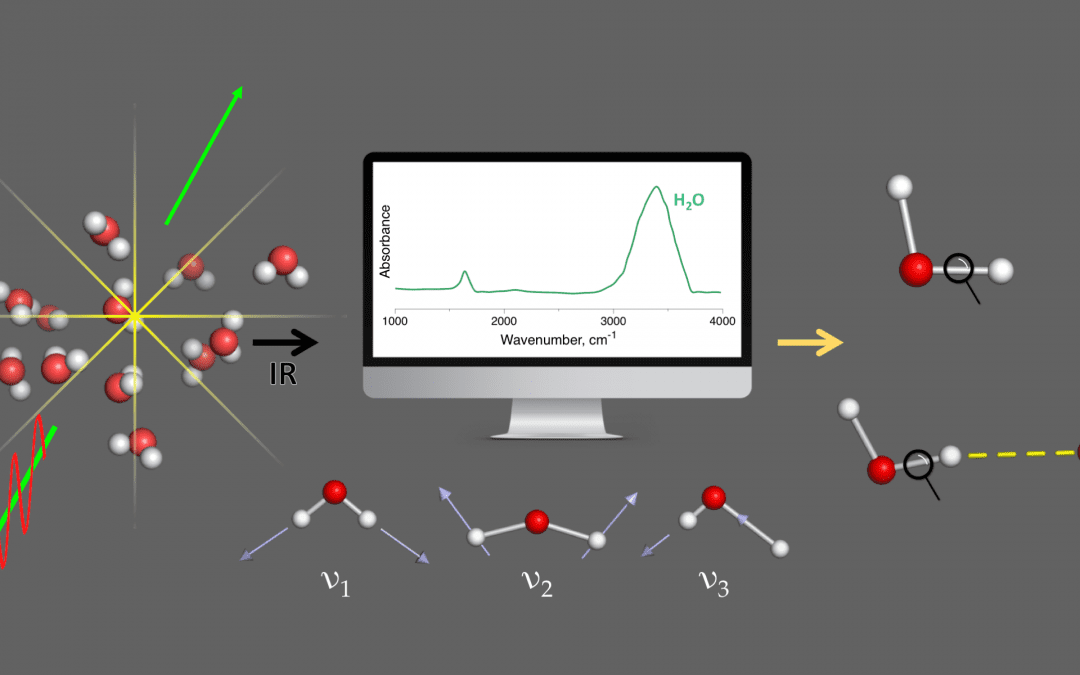Unlocking the secrets of the skin could also help your overall health.



Unlocking the secrets of the skin could also help your overall health.

The future will witness a gradual shift in which computational models will play a progressively larger role in identifying new materials for specific purposes.

How can scientists studying different key foundational species under threat learn from one another to address declines in ecosystems?

Women face greater health and safety risks when water and sanitation systems are compromised, but this has never been explored in relation to tourism.

Post Fukushima, Japan’s energy network has expanded dramatically to include thousands of small renewable power companies which create many small solar, wind, biomass, and geothermal plants.

Implementing fully-inverter-based power systems on a large scale may be possible using wind and solar power.

New quantum algorithms will have dramatic impact in computational molecular biology and bioinformatics and promise to impact a number of life science applications.

A new study explores how metal nanoparticles designed for new X-ray imaging technologies can improve the diagnosis of diseases, as well as understand the underlying cellular processes.

Pollutant transport in water bodies is a complex process — computational models called FADEs provide an accurate modelling solution.

The local vibrational mode theory has raised vibrational spectroscopy to a new level.